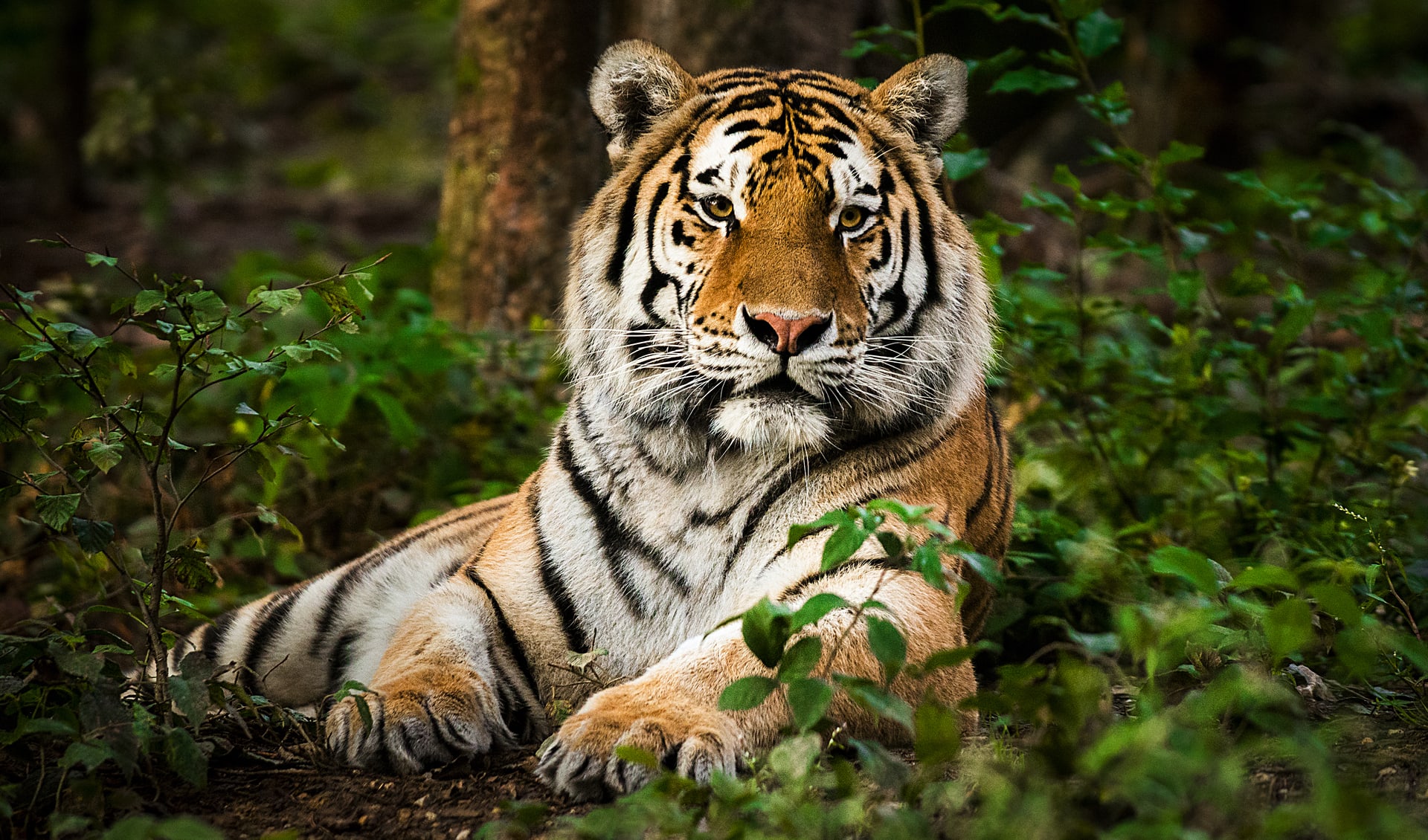A critically endangered species endemic to the Philippines, it inhabits various freshwater habitats, including ponds, marshes, and minor rivers. Despite its classification as a freshwater crocodile, this species can also tolerate brackish water, making it adaptable to a range of aquatic environments within its native range.
Like other crocodiles, the Philippine freshwater crocodile is ectothermic, meaning it relies on external heat sources to regulate its body temperature. To warm themselves, these crocodiles bask in the sun during the day, absorbing solar radiation to raise their body temperature. When they become too hot, they may open their jaws to release excess heat, a behavior known as gaping.
One of the most alarming aspects of the Philippine crocodile’s status is its critically low population size, estimated to be only around 100 individuals in the wild. This extreme rarity underscores the urgent need for conservation efforts to protect and restore their habitat and bolster their population numbers.
Despite their precarious status, Philippine freshwater crocodiles play a vital ecological role in their ecosystems. Their diet primarily consists of fish, and interestingly, they have been observed to target sick or injured fish over healthy individuals preferentially. This selective predation behavior can have positive implications for maintaining the health and balance of fish populations, as it helps remove weak individuals and prevents the spread of diseases among fish populations.
Efforts to conserve the Philippine freshwater crocodile include habitat protection, captive breeding programs, and community-based conservation initiatives to raise awareness and promote coexistence between crocodiles and local communities.
Distribution
 Philippines
PhilippinesAnything we've missed?
Help us improve this page by suggesting edits. Glory never dies!
Suggest an editGet to know me
Terrestrial / Aquatic
Altricial / Precocial
Polygamous / Monogamous
Dimorphic (size) / Monomorphic
Active: Diurnal / Nocturnal
Social behavior: Solitary / Pack / Herd
Diet: Carnivore / Herbivore / Omnivore / Piscivorous / Insectivore
Migratory: Yes / No
Domesticated: Yes / No
Dangerous: Yes / No





